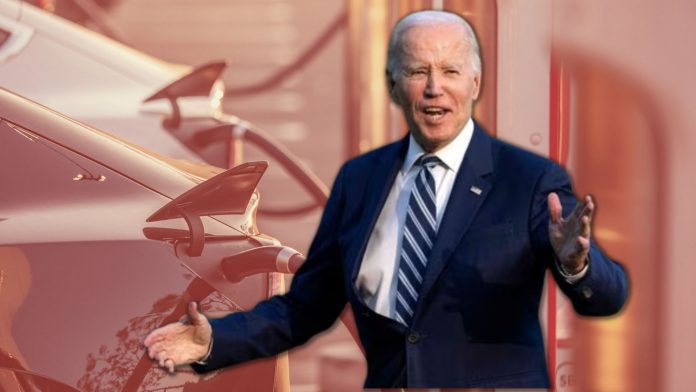On June 28, the Biden administration said it’s looking to boost electric vehicle production with a $2 billion investment from his Inflation Reduction Act.
By accelerating grants and other incentives to subsidize the conversion of current automakers into EV producers, the White House may be able to suppress criticism of new environmental laws intended to steer the EV era.
Additionally, the Domestic Manufacturing Conversion subsidies for the EVs initiative will offer cost-shared grants for producing fuel cells, all-electric, plug-in hybrid, and efficient hybrid vehicles.
According to the Vehicle Technologies Office of the Department of Energy, the program will prioritize renovation or retooling initiatives at manufacturing facilities that have recently ceased operations or were on the verge of doing so. The organization also said the goal is to preserve existing jobs, including union jobs, and pay, and “Work opportunities in communities that have been powering our automotive economy for decades,” it said.
The Biden administration is pressing the American auto industry to hasten the switch to EVs to decarbonize the economy by 2050. In April, the Environmental Protection Agency (EPA) proposed regulations that, if adopted, could lead to an EV market share of up to two-thirds by 2032.
On June 28, General Motors, Stellantis, Toyota, and other companies represented by the Alliance for Automotive Innovation referred to the EPA proposal as a “De facto mandate” for battery electric vehicles that was “neither reasonable nor achievable.”
According to the UAW, a quick transition like this may jeopardize thousands of jobs in areas like Michigan, Ohio, Illinois, and Indiana. The UAW president, Shawn Fain, has fought to keep open a Jeep factory in Belvidere, Illinois, which Stellantis has pushed to close. The automaker has yet to rule out the prospect of providing government funding for the factory to acquire a new product.



